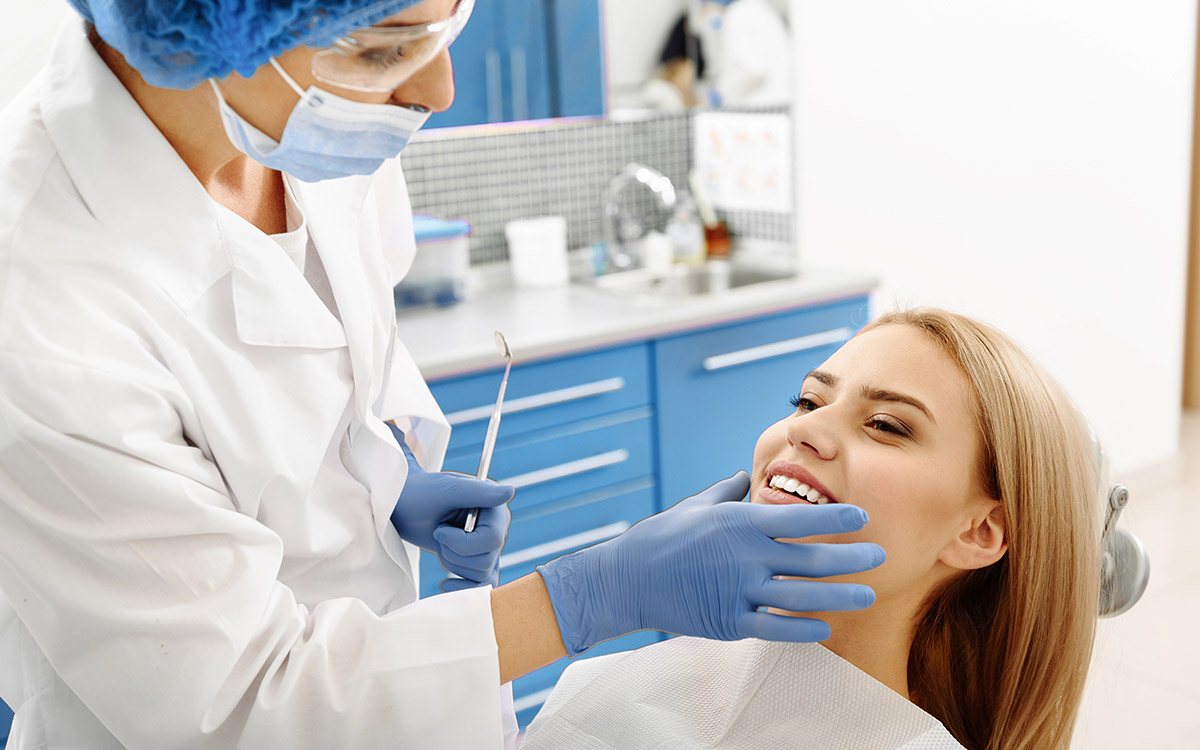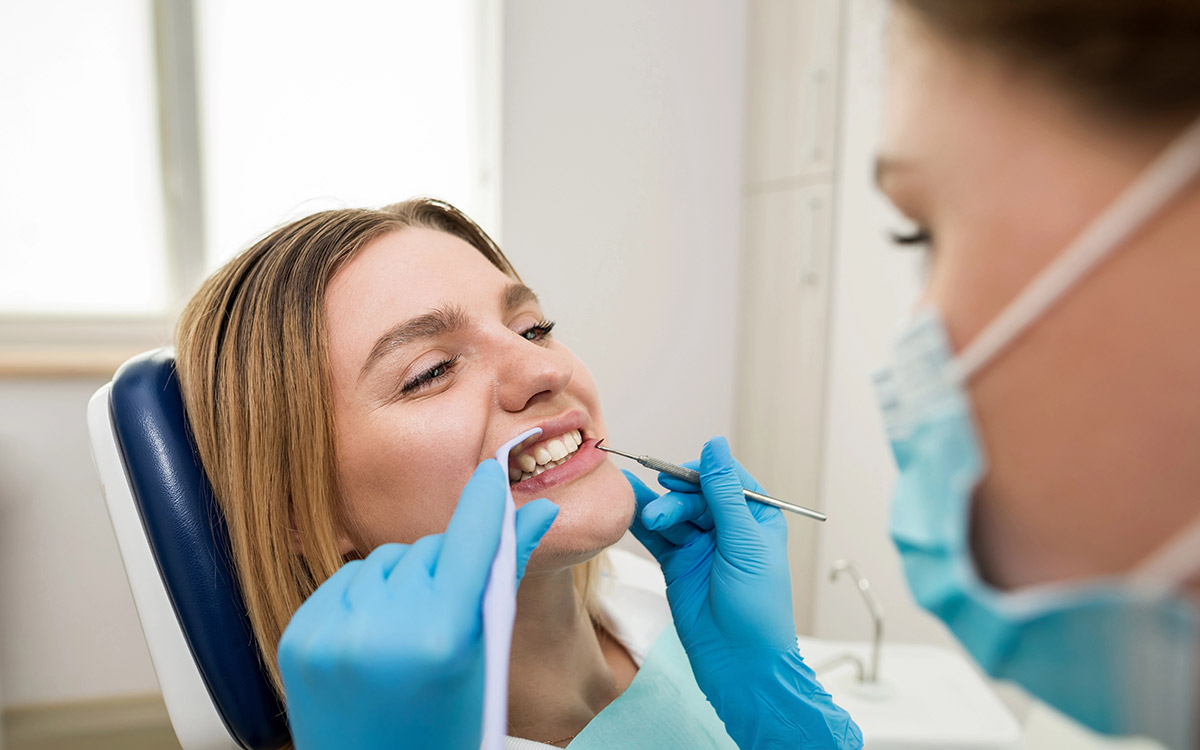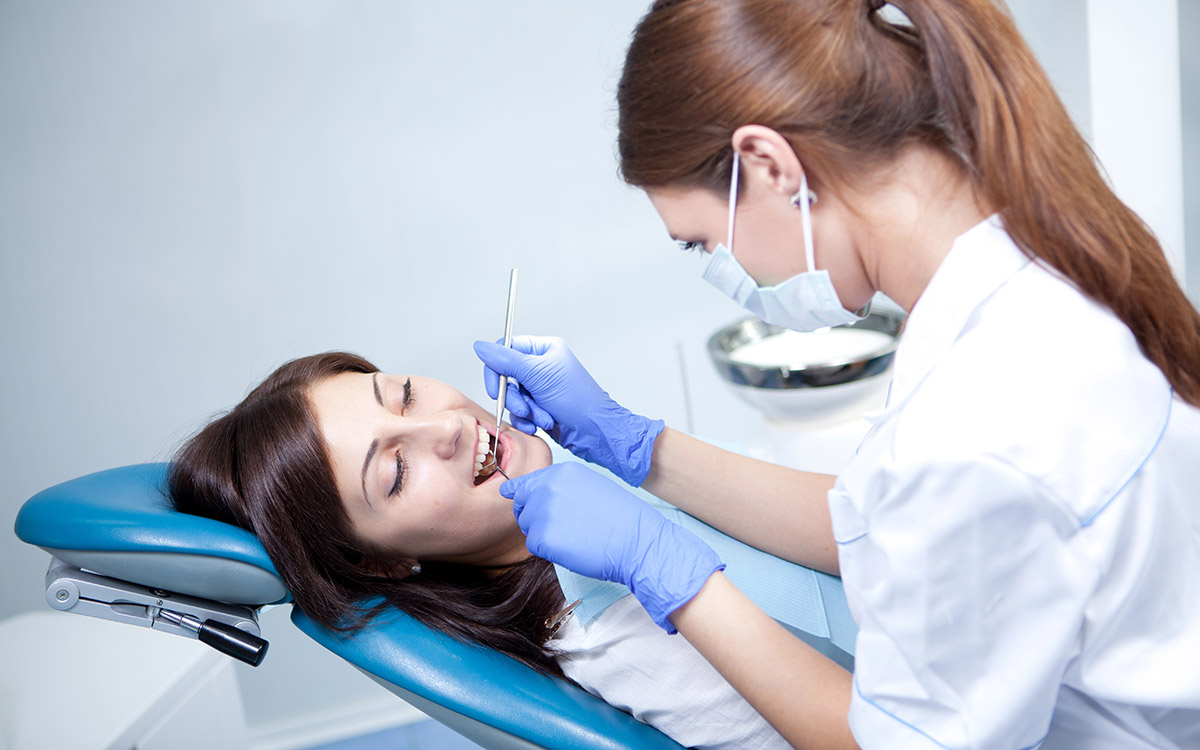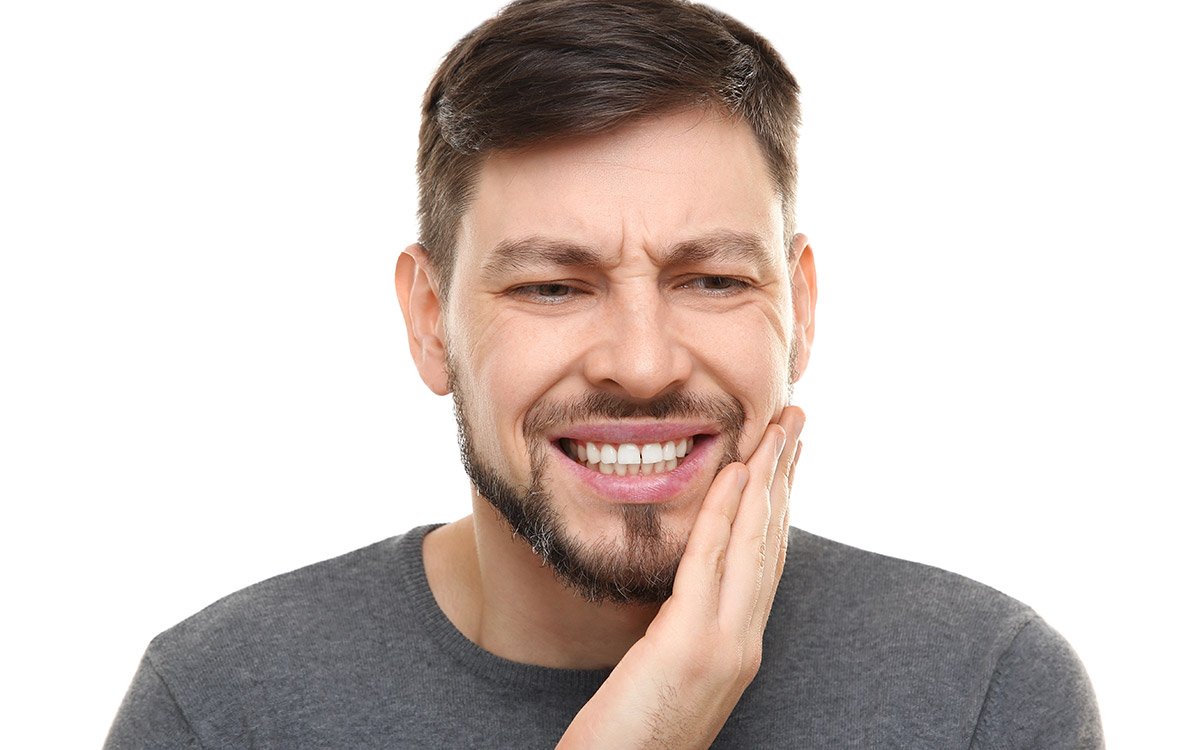What is Osteoporosis?
Osteoporosis is a chronic disease that causes bones to become thin, weak, and brittle. It affects approximately one in two women and one in four men over 50 years old in the U.S. It occurs due to deficiency of nutrients like vitamin D, menopause, and aging. The disease can trigger low bone density, which impacts the jawbone that supports the teeth.
Tooth mobility and tooth loss correlate with jawbone loss. It is because teeth can become loose and even fall out when the jawbone deteriorates. Osteoporosis also causes dental and oral health disorders, including gum or periodontal diseases and teeth loss.
Can You get Osteoporosis in Your Teeth?
Although they have some aspects in common, your teeth and bones are made of different materials. Your bones are predominantly collagen and the mineral calcium phosphate, while the teeth consist of enamel, cementum, dentin, and pulp. Osteoporosis impairs your bones’ capability to produce new tissue to create their spongy interior.
People mistake teeth for bones because the whitish enamel protecting the crown of your teeth looks like bone. However, the enamel is not made of living tissue, unlike our bones. Thus, since teeth are not bones, osteoporosis does not immediately harm them. However, osteoporosis can indirectly harm your teeth by altering or damaging your jawbone.
Signs of Osteoporosis
Due to the difficulty in diagnosing osteoporosis, most people do not receive a diagnosis until their bone density reaches the stage where they suffer a fracture. But your dentist may detect the early stages of osteoporosis as signs of tooth loss or gum disease.
Also, a review of your medical history, and the findings of a clinical and x-ray exam, may help your dentist identify the early stages of osteoporosis.
Your medical history contains details on risk elements such as heredity, tobacco use, calcium deficiency, excessive caffeine or alcohol consumption, sedentary lifestyle, and menopause. Additional indicators may include:
- Gum disease. This disorder prompts bone loss and could point to an underlying illness like osteoporosis.
- Ill-fitting or loose dentures. When bone loss is severe, dentures may not fit comfortably.
- Tooth loss. People with low bone mineral density are more likely to lose teeth.
- Bone loss in the jaw and around teeth. Dental x-ray comparisons from year to year may show a decline in the jawbone density and the bone surrounding your teeth, showing the condition is progressing. It could also be a sign of bone loss in other body parts.
Tips on Preventing Osteoporosis and Keeping Your Teeth Healthy
You may prevent osteoporosis with lifestyle changes, including:
- Eating a balanced diet.
- Exercise. Exercises that involve lifting weights and strengthening muscles are very beneficial for preventing osteoporosis.
- Reduce your alcohol and caffeine intake. Coffee and alcohol reduce bone density.
- Stop smoking. Osteoporosis is more likely to occur in smokers than in non-smokers. It also makes fracture recovery more challenging.
- Extra calcium. Eat calcium-rich foods like almonds and dairy, or consult your doctor or a nutritionist about using a supplement. Men should take 800 mg daily, while women should take 1,200 mg. For males and females over the age of 65, this amount rises to 1,500 mg.
- Enhance your diet with additional vitamin D. The simplest approach to enhance vitamin D levels is sunlight, but other healthy sources include eggs, salmon, and mushrooms. Ensure you get 600 to 800 IU of vitamin D daily.
Proper dental hygiene is essential to prevent gum disease and for long-term oral and teeth health:
- Reduce your consumption of sweetened beverages and snacks.
- Brush your teeth twice daily for two minutes per session using fluoride-containing toothpaste.
- Clean between the teeth daily with flossing, interdental brushes, etc.
- Regular dental checkups. Also, inform your dentist if you take antiresorptive medication, such as a bisphosphonate. They will adjust your treatment plan, especially for procedures like a tooth extraction. According to the ADA, you probably won’t need to stop taking your osteoporosis medication or skip the surgery, but your dentist might need to make some modifications.
Does Osteoporosis Medication Affect the Teeth?
Although osteoporosis doesn’t directly impact the condition of your teeth, some medications and therapies for the disease have significant and potentially harmful adverse effects. Bisphosphonates and denosumab, the two major classes of drugs often prescribed for osteoporosis therapy, can impact your dental treatment.
These drugs may impact how quickly your jawbone recovers from tooth extraction or oral surgery. Although the risk is minimal generally, these drugs can cause a severe complication termed ‘bisphosphonate-related osteonecrosis of the jaw (BRONJ).’ It can cause a section of the jaw bone to deteriorate after surgery.
You should undergo a complete dental exam and comprehensive x-ray before starting medications to check for any dental issues that may need surgery. Therefore, it is best to treat these issues before starting these medications. Also, discuss the dental side effects of osteoporosis medication with your doctor.
Osteoporosis Treatment
There is no treatment for osteoporosis, and prevention remains the best course of action. There are many osteoporosis management and therapy options. Osteoporosis treatment often employs physical therapy (PT), which tries to strengthen bone and muscle to avoid further fractures (or recover from fractures).
Your specific health demands are addressed while designing a PT exercise program. It takes a few minutes daily at home or during routine physical therapy appointments.
Antiresorptive drugs seek to prevent bone loss, while anabolic medications work to promote bone regeneration. Both treatment options work to strengthen bones and reduce the risk of fractures.
Your doctor might suggest the following measures, depending on your needs and health:
- Calcium and vitamin D supplements.
- Bisphosphonate medications: Slow the bone breakdown and the first medication prescribed for postmenopausal women.
- Selective estrogen receptor modulators (SERMs): Treat osteoporosis in women and other diseases like breast cancer.
- Antibody medications: Slow bone breakdown and promote new bone formation.
- Calcitonin: A synthetic hormone that help regulates calcium.
- Hormone replacement therapy. Testosterone therapy for men and estrogen therapy for women.
- Parathyroid hormone therapies: To boost bone density and strength and help prevent fractures.
Parting Shot
Bone and teeth health is enhanced by maintaining healthy practices. These include eating a balanced diet, regular exercise, quitting smoking, and maintaining good dental hygiene. Treatments for osteoporosis can sometimes encourage bone formation while also slowing the disease progression. If you experience any oral side effects from osteoporosis or its treatment, your dentist can help.







